‘Do not be afraid of speaking up.’ Soccer star Lilian Thuram addresses racism, history and the World Cup
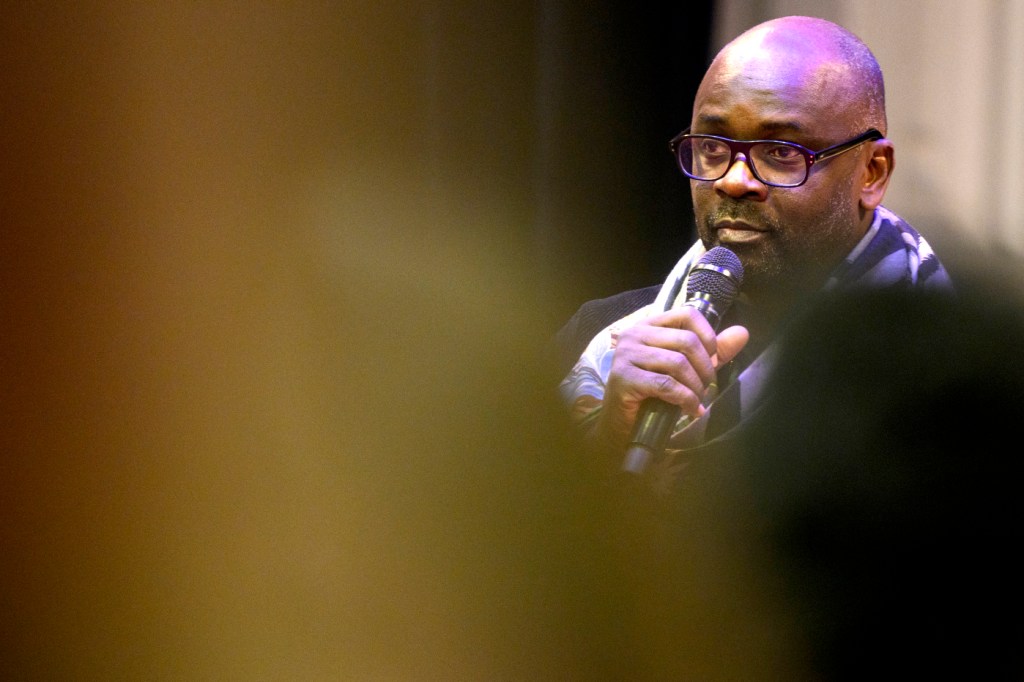
For Lilian Thuram, a former French professional soccer player and 1998 World Cup champion, history is both the source of racism and a weapon against it.
After playing professional soccer for 17 years, Thuram, 50, became an accomplished author and social justice activist, establishing the Lilian Thuram Foundation in 2008 to dismantle systemic racism and educate people against discrimination in France and around the world.
On Monday, Thuram visited the Fenway Center on Northeastern’s Boston campus to discuss racism and the points he makes in his book, “White Thinking⏤Behind the Mask of Racial Identity,” with the university community, as well as students from the John D. O’Bryant School of Mathematics and Science in Roxbury and Milton public schools.
The conversation was moderated by Régine Jean-Charles, director of Africana studies, dean’s professor of culture and social justice, and professor of women’s, gender and sexuality studies in College of Social Sciences and Humanities at Northeastern.
“I became a Black person at the age of 9,” Thuram says.
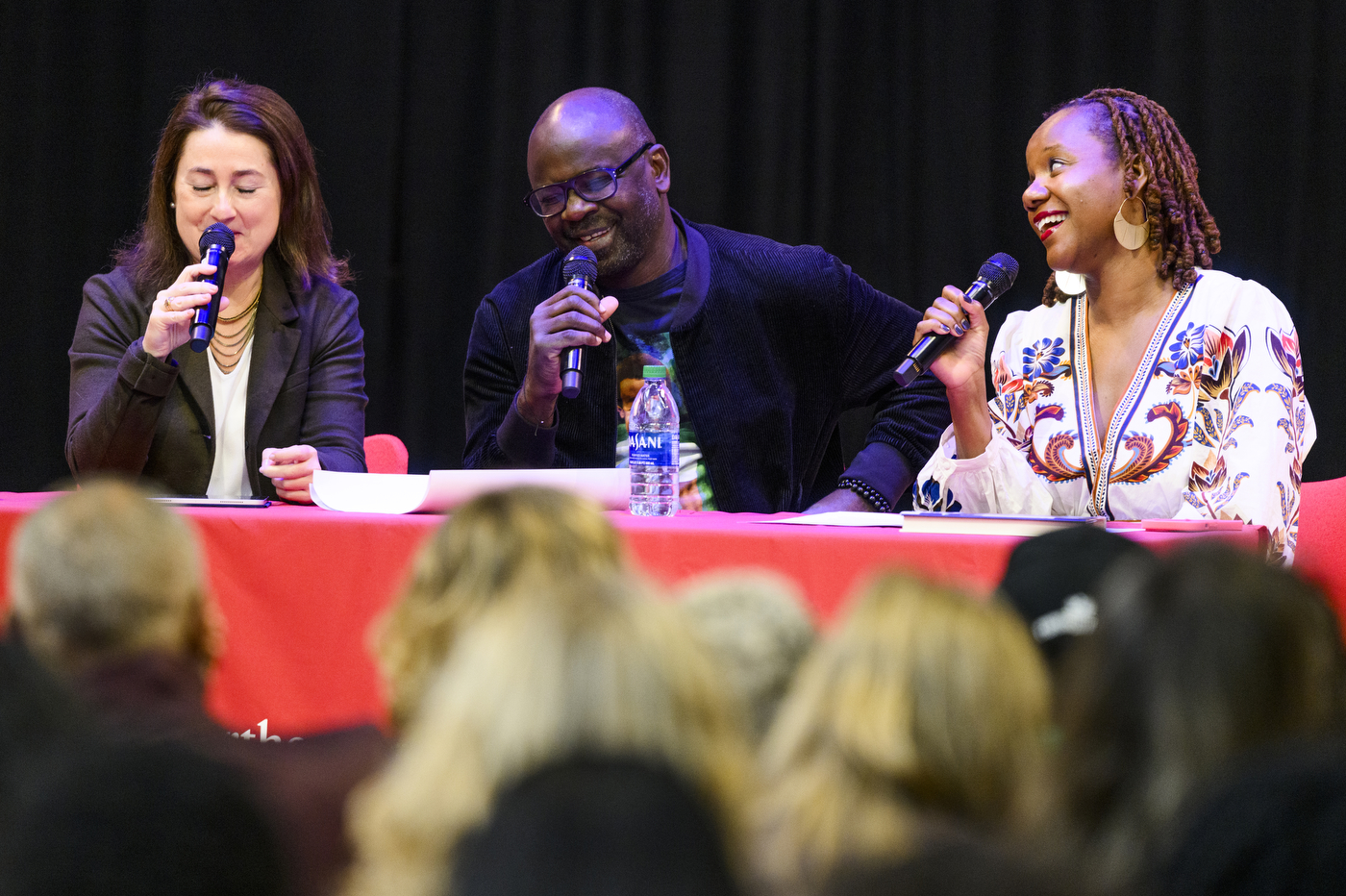
That’s the age he was when his family moved to France from Guadeloupe in the West Indies.
Shortly after he arrived, some children insulted him by calling him “dirty Black guy.” Thuram did not understand what was happening and turned to his mother for an explanation.
“That’s the way it is. People are racist. This is not going to change,” she told him.
At that age, Thuram says, racism touches something deep inside of a person and leaves a wound. It affects self-confidence and trust in one’s self. That is why he had to read books to understand what racism was, build confidence and find other Black people who would demonstrate to him the opposite of what he was made to believe about himself and Black people.
Thuram says that people’s opinions are based on stories from the past that are being told from a specific point of view.
“Why do I see what I see? Why do I think what I think?” he says. “We have to question those points of view to understand things in a more complex way.”
Children do not put other children into categories, he says, but when racism is integrated into people’s lives it comes from history.
“History behind racism is very old and each of us has prejudices linked to the past,” Thuram says.
He believes that to go beyond those prejudices people need to study history. After reading books on psychology, sociology and economics, Thuram came to a conclusion that racism is an ideology to justify economic violence.
“It is economic systems that need to legitimize violence so some people can be exploited,” he says, adding that the same concept applies to sexism.
Very often, people tend to accept and reproduce that way of thinking, even if it happens on a subconscious level.
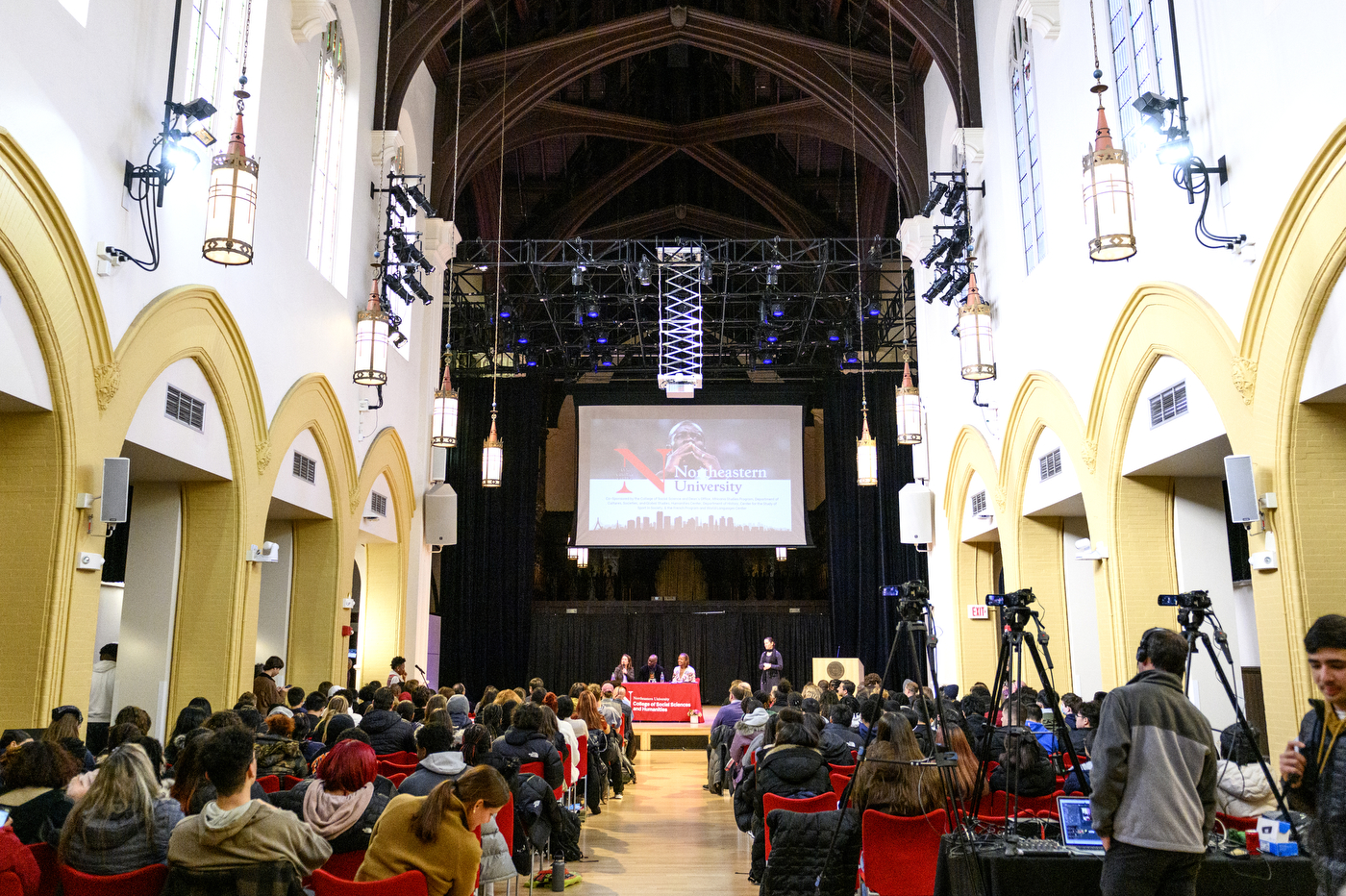
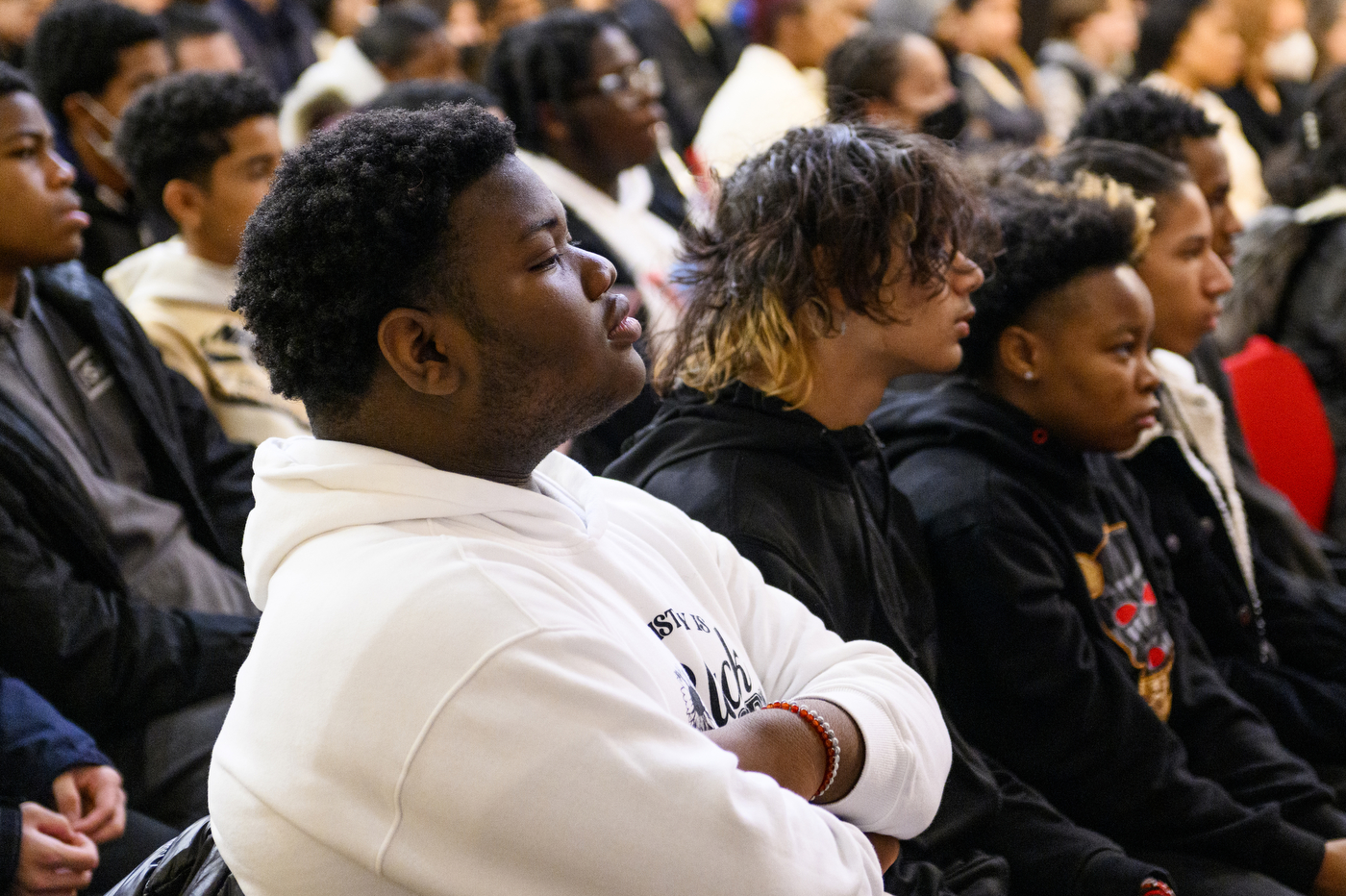
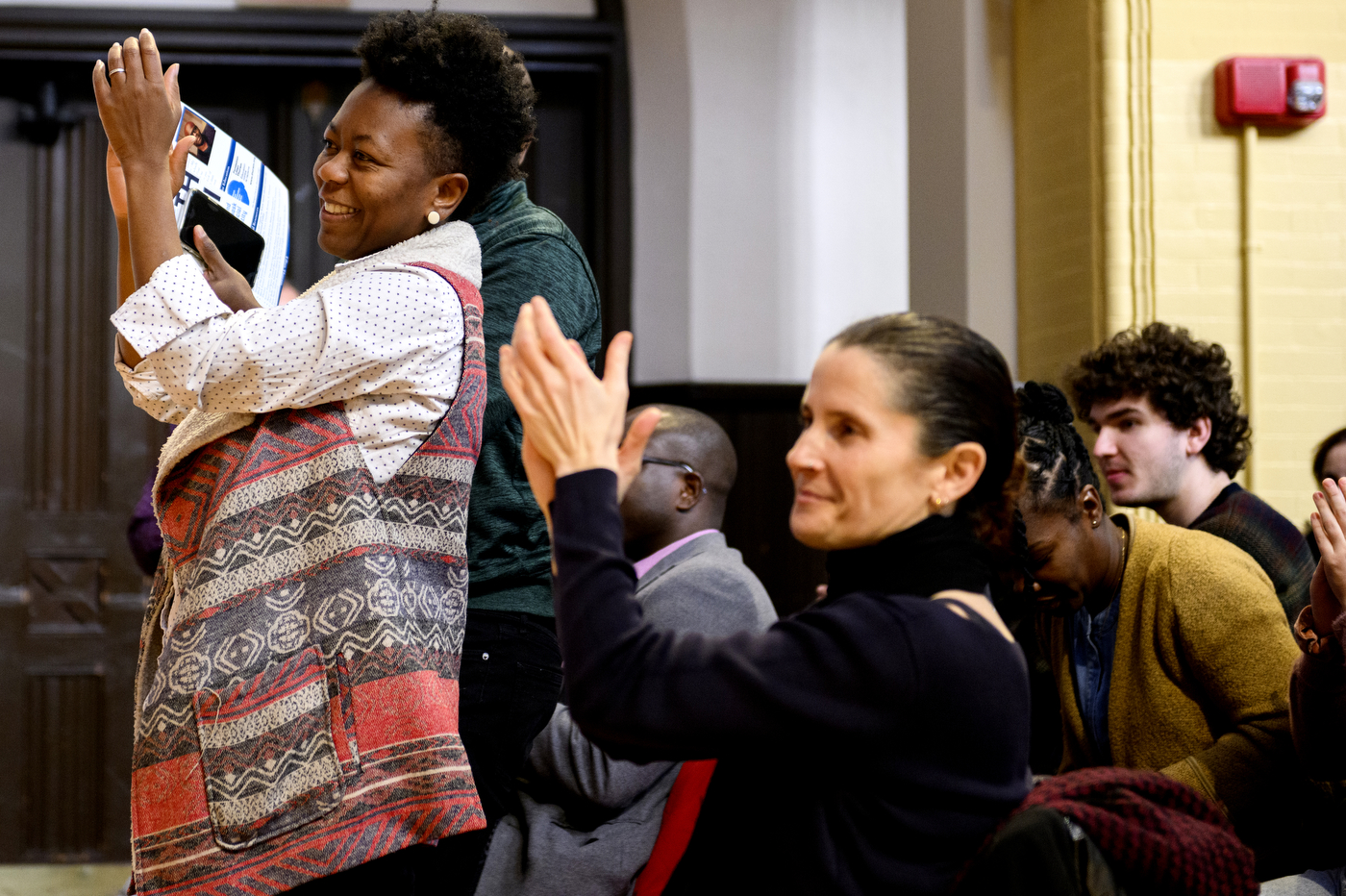
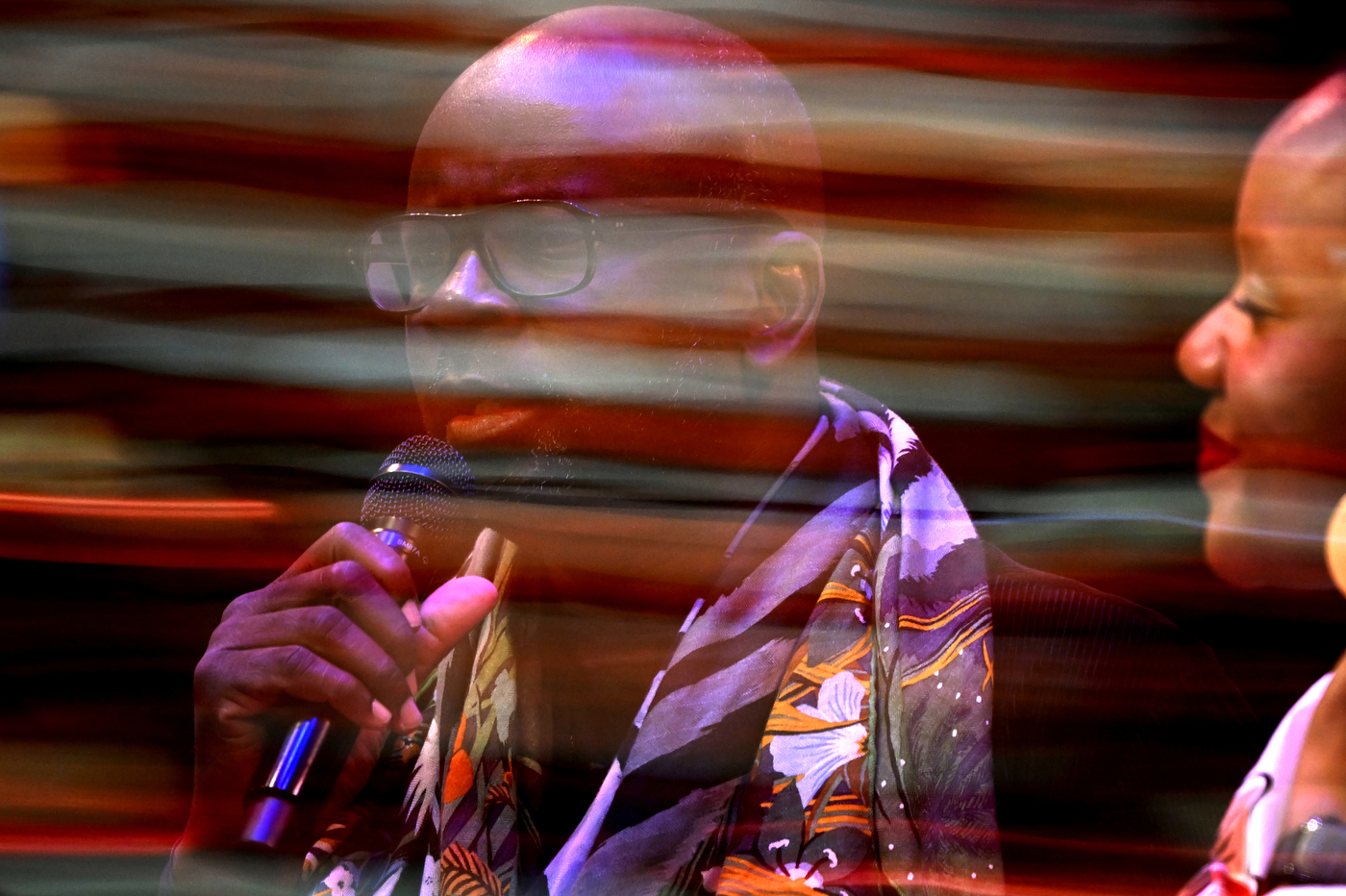
Thuram writes about the history of Black people before slavery because most people only learn about the history of Blacks starting from slavery.
“I write for the little boy in me,” he says. “It would have helped me significantly with my self-esteem.”
Instead of talking about people who experience racism, Thuram believes that it is necessary to explore the category of whiteness.
“What is white? How do you experience being white?” he says.
But people usually feel uncomfortable about looking at racism from that angle. When Thuram proposed the topic to a museum in France that approached him to curate an exhibition, the museum refused to include the topic and the exhibition did not happen, he says.
History made white people and men believe that they are the norm, Thuram says.
“When you belong to the norm, you don’t question yourself,” he says. “It is interesting to see how all categories are being politicized.”
Through his work, Thuram says, he examines the hierarchy of society.
“We need to question categories that we do not question,” he says.
“White thinking is not thinking of white people because each of us internally thinks that being white is better,” Thuram says. “We have to deconstruct this, think about it, then go back and denounce it.”
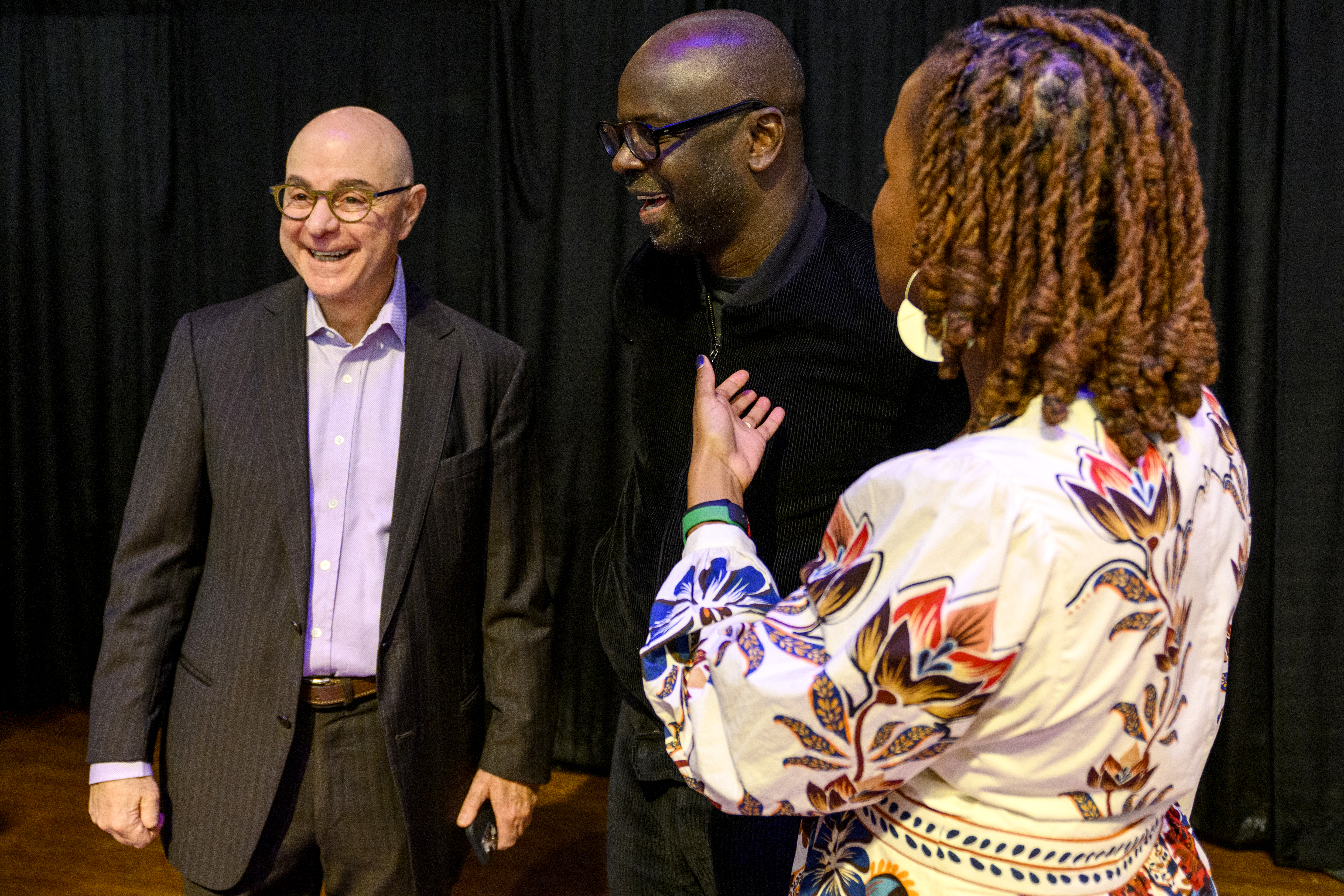
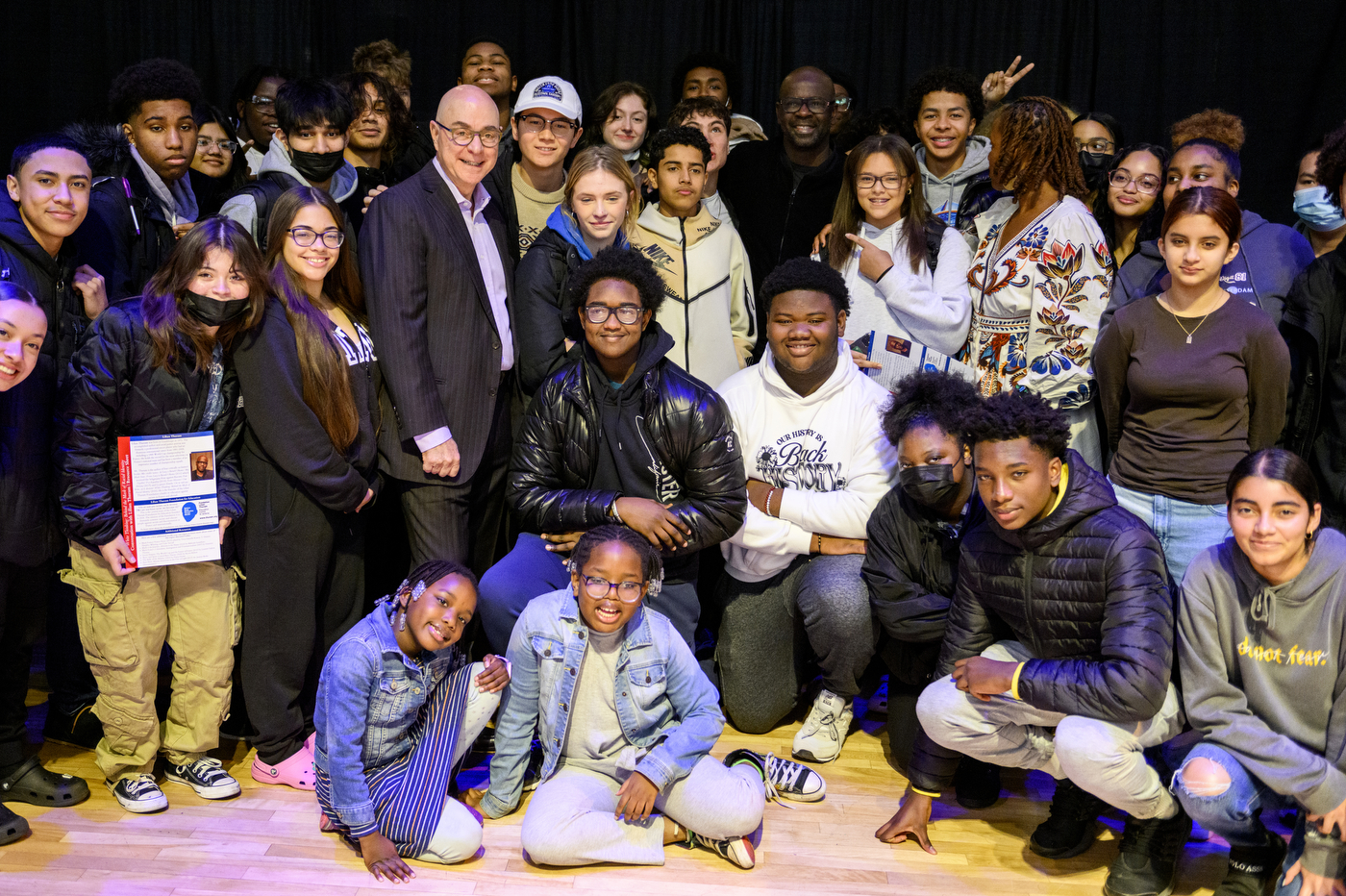
There are so few Black coaches in soccer and other sports, he says, because Black people are viewed as having only strong bodies.
“White people are smarter. We accept this prejudice, even Black people,” he says. “Because you have to be strong in one or the other.”
Thuram experienced this prejudiced thinking firsthand when a teammate who was sitting on the bench during a game told him, “With your physique and my intelligence we would be the best.”
Another incident of racism that he experienced occurred when he was playing for an Italian soccer club. A lot of fans used to mimic sounds of monkeys howling as soon as a Black player touched the ball, Thuram says.
He understood that the white people were making the noises to make them feel better about themselves, and that helped him deal with the situation, he says.
“We believe that it’s the institutions that give more freedom,” he says. “Obviously it is not true. It is individuals who no longer accept the situation and denounce it and make things change.”
Likewise, poor people are led to believe that it is not normal to share wealth, Thuram says. That includes the World Cup.
“We are emotional beings,” he says. “Sports raise those emotions. When you are being pulled into those emotions, we can sell anything to you.”
That is why he watches and analyzes soccer.
“You’ve been told that the strongest wins, but actually the richest clubs win,” he says. “There is a big difference between the richest and other clubs.”
The same happens in society, Thuram says.
When French police killed two teenagers in 2005, he was one of the prominent voices speaking publicly about what had occurred.
“Intervening is a political gesture. Not intervening is also a political gesture,” he says. “Often a lot of people that let things happen, do not understand the violence that is being perpetrated.”
Sometimes, these incidents do not concern them directly or people who should be involved do not act out of fear, Thuram says.
But change is not brought about by individual people like Rosa Parks, Frantz Fanon or Nelson Mandela, he says. It takes millions and millions of people to change the system.
He believes that young people need to focus on politics, and strive to build a system that works for all people without color differentiation and redistributes wealth.
“Do not be afraid of speaking up,” Thuram says.
For media inquiries, please contact media@northeastern.edu.






